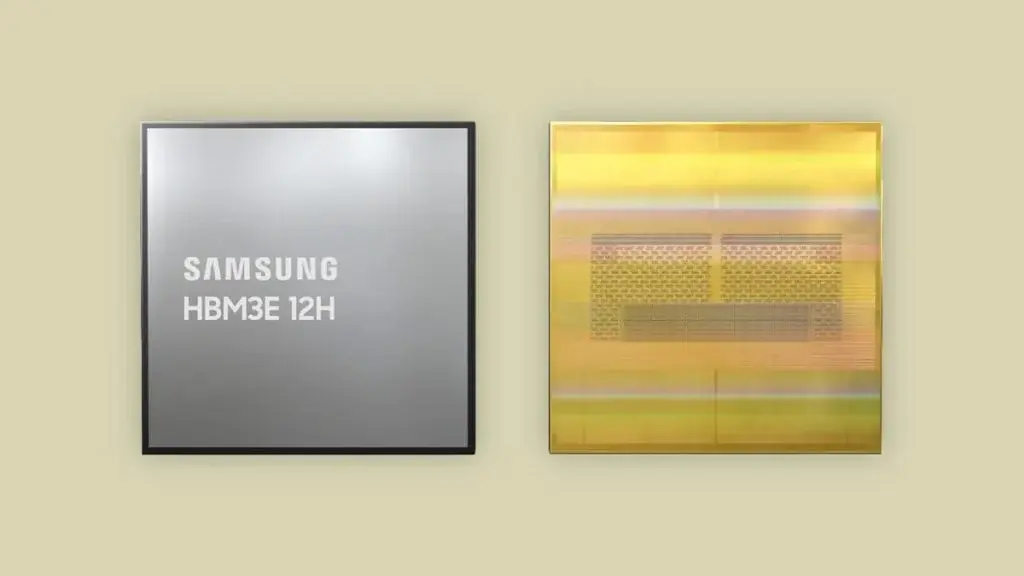Artificial intelligence technologies are expanding their presence across various products and services, with smartphones emerging as the latest frontier for AI integration. While AI features have predominantly been found in high-end devices due to their demanding performance requirements, the idea of incorporating expensive and powerful processors in every phone for AI tasks is currently not feasible. To tackle this issue, a leading Korean tech company has devised a solution in the form of a dedicated AI accelerator chip, aiming to make AI capabilities more accessible.
Samsung Introduces Mach-1 for AI Domination
Samsung recently unveiled its Galaxy AI in conjunction with the Galaxy S24 series, showcasing advanced features such as a ChatGPT-like language model and a range of artificial intelligence functions. However, the high performance demands of AI have restricted this feature to select models, even causing powerful processors like the Snapdragon 8 Gen 3 to potentially struggle with upcoming AI applications. In response, Samsung is forging ahead with the development of its own dedicated AI accelerator chip known as Mach-1.
The Future of AI Integration
Reports suggest that Samsung is setting its sights on a 2025 release for the Mach-1 chip, marking a significant move towards enhancing AI integration within smartphones. While initial models may not immediately offer the necessary power efficiency for seamless smartphone incorporation, the prospect of a dedicated AI chip being integrated into the Galaxy S25 cannot be ruled out.
Competition and Market Dynamics
This development signifies an important initial step, with future iterations potentially leading to substantial advancements. Samsung not only aims to leverage the chip internally but also intends to market it to other companies, positioning itself as a direct competitor to Nvidia. Given Nvidia's notable success in the AI chip realm over the past few years, Samsung, a key player in the tech industry, is understandably seeking to enter this lucrative market to foster a competitive landscape.
The dominance of Nvidia in AI technology is evident through collaborations with major companies like Microsoft, Meta, OpenAI, Amazon, and Google, resulting in significant revenue generation. While Samsung has been working on similar processors, the actual launch of a concrete product is yet to materialize. The absence of substantial competition could potentially create an imbalanced market, making Samsung's foray into this sector crucial for ensuring a healthy competitive environment.


Leave a Reply